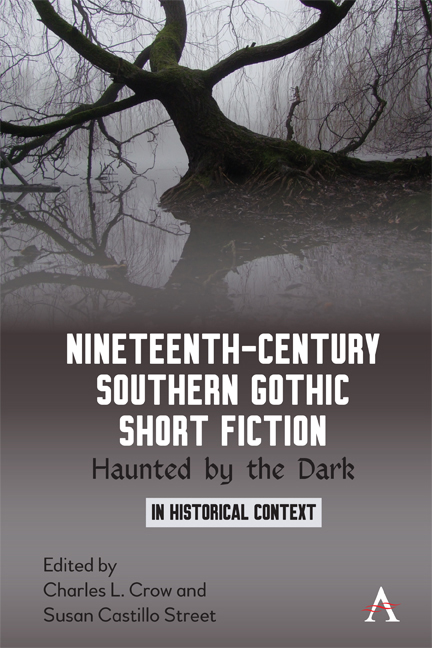Chapter Fourteen - Thomas Jefferson, from Notes on the State of Virginia: Query XVIII (1785)
Published online by Cambridge University Press: 20 January 2022
Summary
The third president of the United States shared with Crèvecoeur both a vision of the American dream and its gothic inversion. In Query XIX of Notes on the State of Virginia (1784) he describes the simple life of the yeoman farmer as the core of republican virtue. But in the chapter before, Query XVIII, he had lamented the corrosive effect of slavery on the morals of the state: “The whole commerce between master and slave is a perpetual exercise of the most boisterous passions, the most unremitting despotism on the one part, and degrading submissions on the other.”
We read this passage today knowing that Jefferson was speaking of his own boisterous passions, since DNA testing has confirmed what was long rumored, his fathering of children with his slave Sally Hemmings. Query XVIII takes us to the core of Southern racial Gothic, where we glimpse the sexual exploitation of enslaved women, their racially mixed offspring, the guilt of their masters and their fear of slave rebellion.
Text: Thomas Jefferson, Notes on the State of Virginia(London: John Stockdale, 1787).
QUERY XVIII
The particular customs and manners that may happen to be received in that state?
Manners
It is difficult to determine on the standard by which the manners of a nation may be tried, whether catholic, or particular. It is more difficult for a native to bring to that standard the manners of his own nation, familiarized to him by habit. There must doubtless be an unhappy influence on the manners of our people produced by the existence of slavery among us. The whole commerce between master and slave is a perpetual exercise of the most boisterous passions, the most unremitting despotism on the one part, and degrading submissions on the other. Our children see this, and learn to imitate it; for man is an imitative animal. This quality is the germ of all education in him. From his cradle to his grave he is learning to do what he sees others do. If a parent could find no motive either in his philanthropy or his self-love, for restraining the intemperance of passion towards his slave, it should always be a sufficient one that his child is present. But generally it is not sufficient.
- Type
- Chapter
- Information
- Nineteenth-Century Southern Gothic Short FictionHaunted by the Dark, pp. 145 - 146Publisher: Anthem PressPrint publication year: 2020



